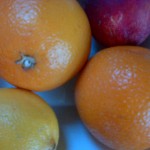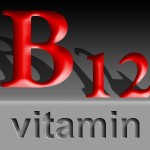We have been running a set of blogs looking at Vitamins and their importance for our health. To have a look at the previous blogs in the series please see the link below; https://patienttalk.org/?tag=vitamin
Today we wanted to have a closer look at Vitamin C.
The main purpose of Vitamin C is to protect the cells in our body. It also helps to keep our connective tissues in good order. This in turn helps our organs to function properly.
Another vital role of Vitamin C is to help wounds to heal.
It is well known that a lack of Vitamin C can cause scurvy. The story of Royal Navy sailors being given limes, on board ship, is well known as a preventive measure to fight scurvy. What is, sadly less well known is the story of James Lind, a Scottish ships surgeon, who conducted the first ever scientific clinical trial. This trail showed that citrus fruits were effective against scurvy. It is a great story and you can read more about that clinical trial and James Lind here http://www.lindalliance.org/James_Lind_Alliance.asp.
Because the body is unable to manufacture (or indeed store) Vitamin C it is vital that we consume it in our diet on a daily basis. The best sources are citrus fruits such as lemons and lines as well as potato skins, broccoli, strawberries and blackcurrants.
Adults need around 40mg of Vitamin C. This is best gained by a varied diet.
So what about the money saving idea? Well simple. Many years ago my mother lived for a winter or two in a country very close to the Arctic Circle. In those days Vitamin C rich foods were expensive and rare in that country. But it was explained to her that buying a Vitamin C supplement was not the most cost effective way of obtaining the required dose. Instead she was told to look out for ascorbic acid. This was because another name for Vitamin C is, in fact, ascorbic acid. If you buy ascorbic acid power you will, I’m told even today, find it significantly cheaper than buying Vitamin C branded products.
PS. As a word of caution it is recommended that you do not take more than 1000mg in a day. Too much Vitamin C can result in Diarrhea as well as stomach pain and flatulence.



